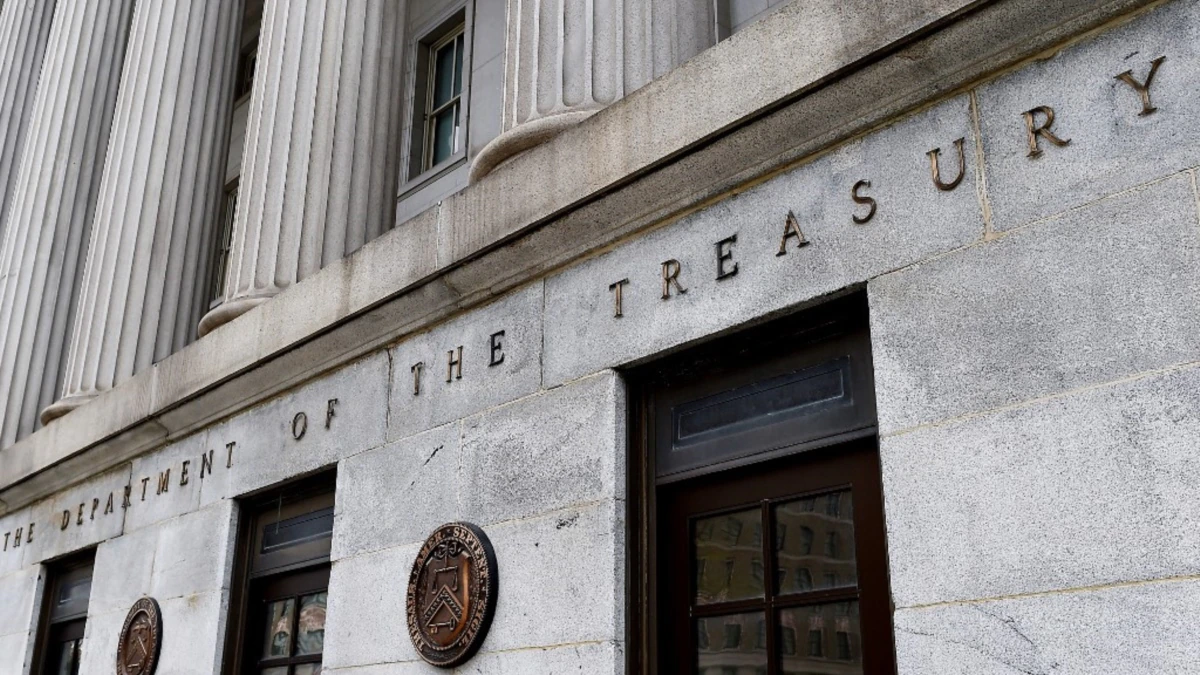The U.S. government has removed sanctions on three former Iranian officials and two companies previously involved in trading Iranian petrochemical products.
The move, announced on June 10, immediately raised questions about whether they were related to efforts to revive Iranian and U.S. compliance with the 2015 Iran nuclear deal.
State Department spokesman Ned Price said they were not, describing them as routine sanctions “hygiene.”
The U.S. Treasury’s Office of Foreign Assets Control (OFAC) announced the deletions from the sanctions list in a statement at its website.
“These delistings are a result of a verified change in behavior or status on the part of the sanctioned parties and demonstrate the U.S. government’s commitment to lifting sanctions in the event of a change in behavior or status for sanctioned persons,” it said.
OFAC said it removed Ahmad Ghalebani, a managing director of the National Iranian Oil Company; Farzad Bazargan, a managing director of Hong Kong Intertrade Company; and Mohammad Moinie, a commercial director of Naftiran Intertrade Company Sarl from one of its sanctions lists.
OFAC also said it had removed some sanctions on Sea Charming Shipping Company Limited and on Aoxing Ship Management Shanghai Limited.
Price called the moves “something that is part and parcel of good sanctions hygiene,” adding that there could be more delistings “in the months and years to come.”
Price also said that the U.S. negotiating team would be returning over the weekend to Vienna for the sixth round of negotiations aimed at bringing the United States and Iran back into compliance with the 2015 nuclear deal.
He said progress had been made in the preceding five rounds, but “issues do continue to divide the sides.”
Negotiators from Britain, France, and Germany, known as the E3, and the other major powers that struck the deal with Iran have been meeting in working groups in the Austrian capital since early April, with the EU team overseeing indirect talks between Iran and the United States.
Thus far, the talks have allowed the Iranians an opportunity to “crystalize the steps they would need to undertake to resume compliance with the JCPOA,” Price said, referring to the nuclear deal by the acronym for Joint Comprehensive Plan of Action.
The U.S. side has been working to determine which of the existing U.S. sanctions would be inconsistent with the JCPOA, Price said, speaking at a briefing at the State Department.
He denied that the U.S. was dragging its feet or moving too fast.
“We are going at the speed that these negotiations need to move at,” he said, declining to put a time-limit on how long they would take.
Washington is engaged in the negotiations because it believes “principled diplomacy with our partners and allies…is the most effective and the only durable means to restrict Iran’s nuclear program and to ensure once again that Iran is verifiably and, more important, permanently prohibited from obtaining a nuclear weapons,” Price said.
The deal has been on hold since 2018 when then-President Donald Trump pulled Washington out of the pact and reimposed crippling sanctions on Iran’s economy.
In response, Tehran steadily has overstepped the limits on its nuclear program spelled out in the deal that are designed to make it harder for the Islamic republic to develop an atomic bomb — an ambition Tehran denies.
With reporting by Reuters


















